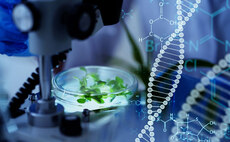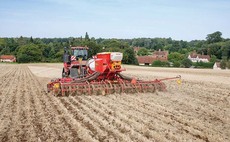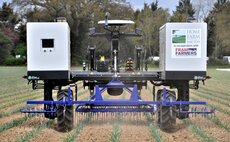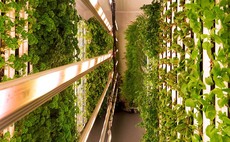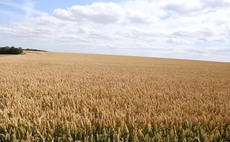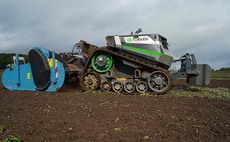Technology
Arable
Devising a method for the precision application of fungicides and biopesticides is being investigated in a newly commissioned project funded by Innovate UK.
Machinery
Following a turbulent year for most manufacturer’s Fendt has claimed in a recent press conference, it is in a good position to push forward its plans on a global scale.
Arable
As the industry prepares for the new Environmental Land Management scheme (ELMs), existing farm management software (FMS) data could help farmers to get ahead in preparing for the transition.
Arable
With the Government’s decision on post-Brexit gene editing (GE) regulation due to be announced any day now, Prof Wendy Harwood of the John Innes Centre (JIC) outlined some of the opportunities the technology could bring.
Arable
This year’s Cereals Event saw more robots on display than ever before, but Harper Adams University researchers say that the commercialisation of crop robots in Europe is being stymied by regulation.
Arable
Bayer has announced the European launch of its global Carbon Initiative. Five farmers from the UK and more than 20 others from across Europe will be working with Bayer to investigate how to decarbonise the food value chain.
Machinery
The first production autonomous robotic tractor has arrived in the UK. Designed, developed and built in Denmark, the Agrointelli Robotti has been purchased by Home Farm Nacton in Suffolk, a member of Fram Farmers co-
Arable
SCIENTISTS have refined a transformational process that allows nitrate to be captured from drinking water for use in agriculture as a liquid fertiliser.
Arable
The John Innes Centre has called for urgent investment in new research tools to address major global losses of wheat crops which cost £22 billion per year.
Machinery
Claas has announced it has started to collaborate with and invest in the Dutch start-up company AgXeed, as it look to offer customers autonomous solutions.

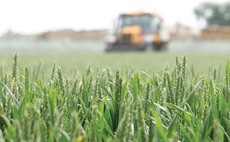
 24 July 2021
•
1 min read
24 July 2021
•
1 min read


